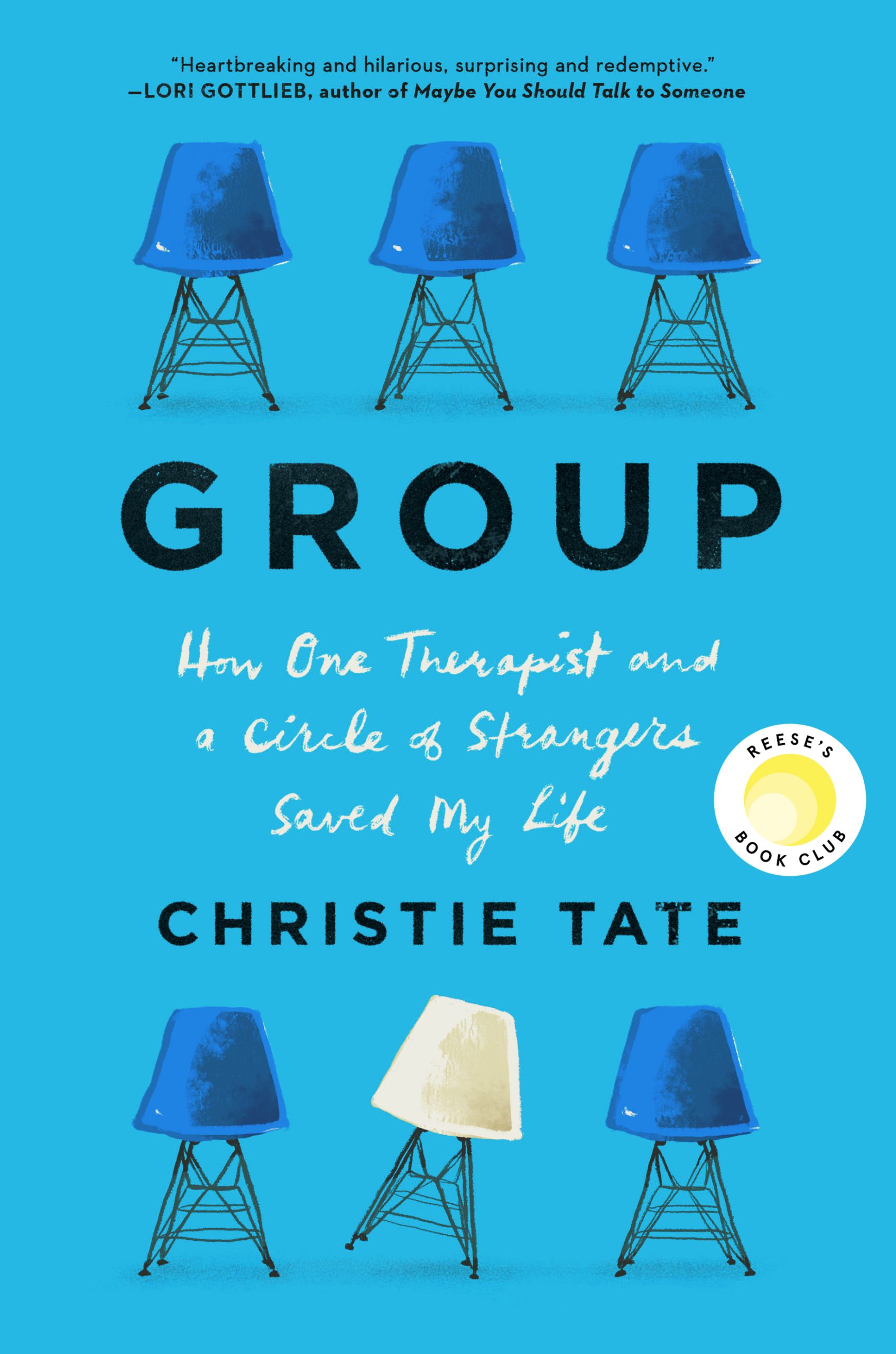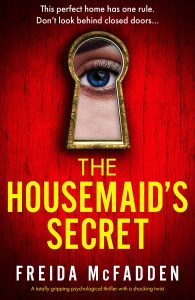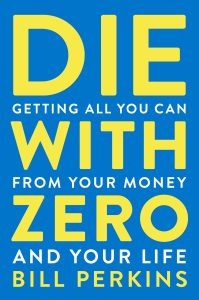
In Group: How One Therapist and a Circle of Strangers Saved My Life, Christie Tate invites readers into the most intimate corners of her psyche, offering a memoir that is equal parts confessional, shocking, and deeply vulnerable. The book chronicles her experience in group therapy under the guidance of Dr. Rosen, a therapist whose unconventional and at times ethically questionable methods push her to confront the hidden wounds that drive her eating disorder, loneliness, and self-destructive behaviors.
At the start of her journey, Tate seems to have it all: top of her law school class, a promising career, and an outward image of control. Yet behind this polished surface, she is haunted by isolation and fantasies of self-destruction. Dr. Rosen’s radical approach promises healing through complete transparency: “No secrets,” he tells his patients. The premise is simple but terrifying absolute honesty about every thought, impulse, and memory in front of a room full of strangers.
As Tate recounts her therapy experience, readers are drawn into a world of emotional nakedness. The sessions, which begin as awkward and uncomfortable, evolve into a strange mix of liberation and dependency. Dr. Rosen’s “prescriptions” range from vulnerable self-disclosures to shocking exercises meant to break down shame and resistance. The book’s rawness is its greatest strength and its greatest flaw. Tate’s unflinching openness about her sex life, trauma, and insecurities makes the memoir vivid and compulsively readable, but for some readers, it can feel invasive and unsettling.
Reviewer Olive Fellows aptly captures this tension. While she appreciated Tate’s honesty and the cathartic power of sharing, she found Dr. Rosen’s methods ethically dubious. The line between therapy and control often blurs, leaving the reader uneasy about the balance of power in the group. Olive also points out that Tate’s real-life history as a “mommy blogger” who refused her daughter’s request for privacy raises further questions about boundaries an issue that resonates throughout the book.
Elyse Walters shared a similar discomfort, describing Group as an ambiguous mix of memoir, fiction, and self-help. She found it less emotionally satisfying than other therapy memoirs like Lori Gottlieb’s Maybe You Should Talk to Someone, noting that the sessions often felt voyeuristic rather than enlightening. Yet even she acknowledged that Tate’s vulnerability is authentic, her willingness to reveal every flaw both brave and unsettling.
Reviewer Jenny adds that the book’s entertainment value is undeniable. It’s darkly funny, scandalous, and often feels like watching a train wreck you can’t look away from. But beneath the surface, she questions whether the so-called healing Tate experienced came from self-discovery or submission to her therapist’s authority. The “no secrets” rule, which at first sounds like a path to freedom, begins to feel like emotional exhibitionism.
Despite these criticisms, Group succeeds as a piece of modern memoir writing precisely because it refuses to be easy. Tate’s story is messy, human, and uncomfortable the very qualities that make it real. Her metaphor of the “scored heart,” inspired by clay that must be marked to bond, beautifully captures the essence of her healing journey: connection requires vulnerability, even pain. Whether or not readers agree with her methods or her therapist’s ethics, they will leave the book reflecting on their own relationships with shame, intimacy, and the human need to be seen.
In the end, Group is not a guide to therapy it is a portrait of one woman’s desperate, imperfect search for connection. It challenges the reader to ask how much honesty is too much, and whether true healing can happen without boundaries.


